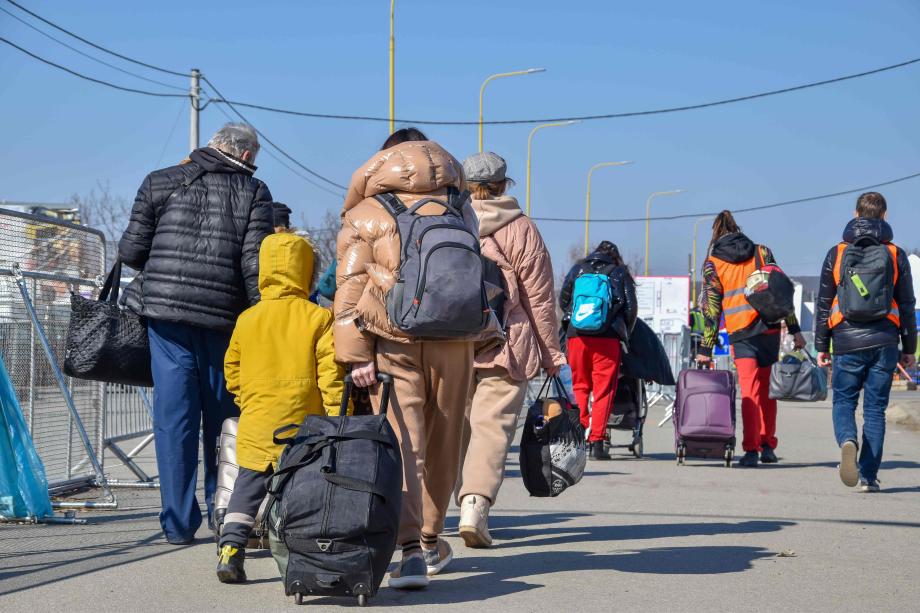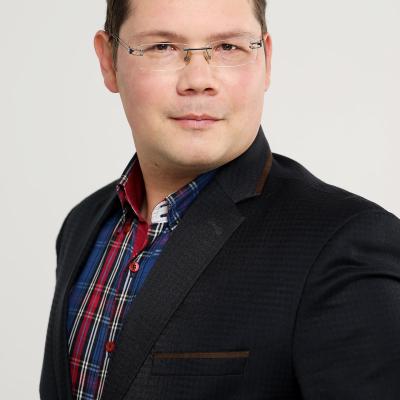Overcoming the language barrier for Ukrainian refugees

Due to Russia’s war in Ukraine, Ukrainian refugees have spread across various countries in Europe. But staying in a foreign country is a challenge, especially regarding the local language. According to data from multiple OECD countries, language barriers are among the most common hurdles Ukrainians face when fleeing to a new country. This matter affects not only their access to the labour market but also their handling of day-to-day tasks, including visiting stores, consulting doctors, studying at school, and much more. Undoubtedly, learning the local language is in the interests of refugees. However, the study process takes time, and refugees still face daily situations with the need to use the local language.
Refugees are exposed to more threats to their lives when they do not speak the local language. For example, 1/5 of Ukrainian refugees in the Czech Republic could not visit a doctor because of the language barrier, even though they needed medical help. In Poland, 45% of Ukrainians face a language barrier and are limited from benefiting from social services, while in Germany, this number rises to 55%.
One of the reasons for that is there is a lack of doctors, teachers and other personnel who can provide services to Ukrainian refugees in a language other than the local one. This issue is complex and challenging. From one side, difficulties include not only the absence of resources such as personnel, manuals, and teaching books, but refugees are also forced to learn local languages or, at least, another commonly known language, such as English or French, which takes time.
Many private, volunteer, and even governmental initiatives are aimed at helping refugees study the local or commonly spoken language. These initiatives offer different platforms, courses or other kinds of assistance for different life situations. But, all these initiatives lack coordination and, in most cases, are not enough to cover the demand for studying languages.
Read more in the policy brief below.
